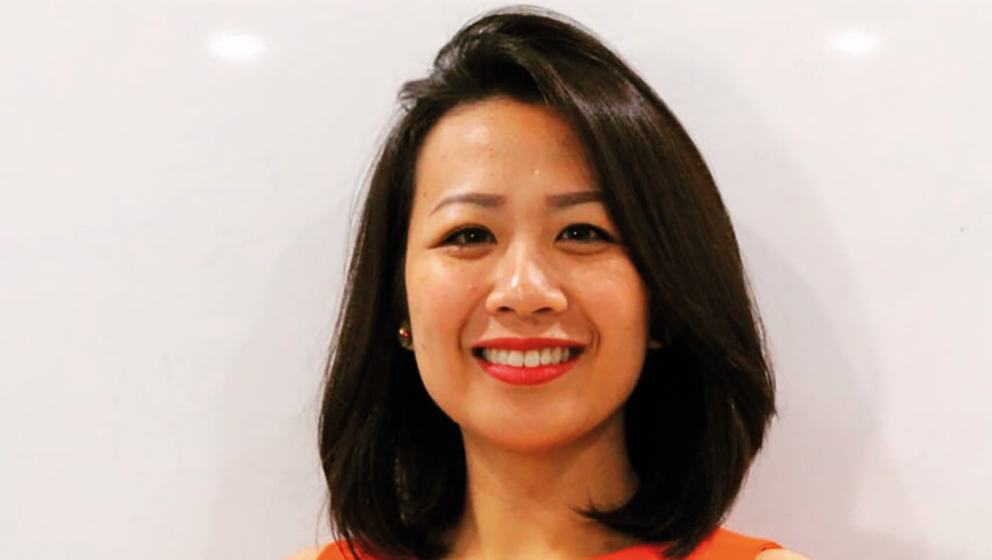Understanding what makes Gen Z tick. Meet the experts. Ratih Indraswari, Parahyangan Catholic University

What is the greatest challenge for the International HEI sector when dealing with Gen Z?
Generation Z is a digital native. They were born with technological savviness topping their previous generations.
Exponential advancement of technology creates intense and rapid changes in information accessibility. This generates a new demand for HEIs’; information must be accessible and available instantly.
The conundrum of technological utilization within HEIs thus rests on the narrative of the global development gap in delivering e-educational platform.
Albeit fragmentally, the trajectory of HEIs that are embracing technology to deliver virtual learning experiences has been enforced with different degrees of implementation.
Yet this trend does not necessarily meet with enthusiastic responses from HEI, especially in less developed countries.
Technological savviness requires HEIs to embrace the costly and arduous path towards the integration of technology. Limited access, weak infrastructure and patchy distribution of technological advancement are the main problems that hinder the integration of technology into knowledge delivery.
When the global information is a click away, opting into digital platforms puts the importance of HEI as a knowledge platform to significantly diminish.
How do you think Gen Z sees themselves?
Globalism has created a stronger link of transnational networks in which the world has become more integrated. Integrated in the sense that problems are no longer owned only by a portion of the population, therefore consequently demands for global collective efforts to solve it.
Within this backdrop, Gen Z sees themselves as part of global citizens. They are affected by issues that happen outside of their geographical proximity. They develop a global identity and accept the global responsibility that comes out of it.
This new environment creates a new understanding of how the world works. Mobility becomes their main pillar as interactions are defined into unlimited geographical coverage. Transformation from an inward to outward looking mobility has slowly gained momentum within the contemporary linkages.
Article featured on Worldbound, edition n.2-2019.

